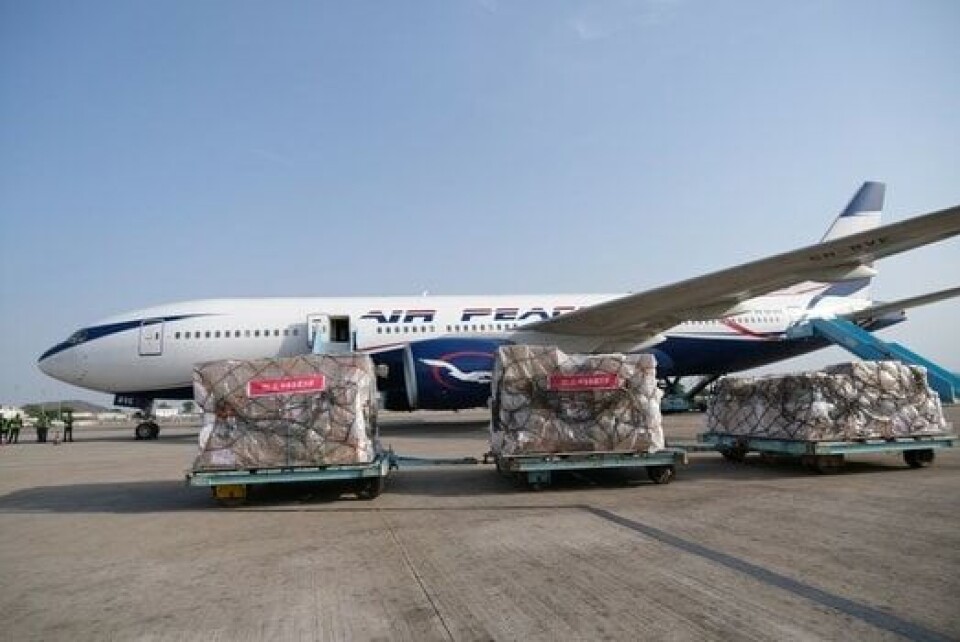Copyright : Re-publication of this article is authorised only in the following circumstances; the writer and Africa Legal are both recognised as the author and the website address www.africa-legal.com and original article link are back linked. Re-publication without both must be preauthorised by contacting editor@africa-legal.com
Open Skies

Flight restrictions in and out of Nigeria were eased earlier this month for the first time since the start of the pandemic in March. Ifeoluwa Ogunbufunmi reports.
From March 23 the Federal Government of Nigeria has had in place a ban on international flights, with the exception of emergency and essential flights, due to the pandemic. Earlier this month Nigerians embraced, with relief, the partial resumption of international flights (which took effect from September 5).
Nigeria, like many countries, made major adjustments to international travel because of Covid-19. In announcing the plan to partially resume international flights, the National Coordinator of the Presidential Task Force (PTF) on Covid-19, Sani Aliyu, stated that approval had been given for aviation authorities to commence the process for the resumption of international flight operations in Nigeria. The initial partial resumption date was, however, postponed from August 29 to September 5, to allow the relevant authorities time to fine-tune non-aviation logistics and Covid protocols.
The resumption of international flights is limited to the Nnamdi Azikiwe International Airport in Abuja and the Murtala Mohammed International Airport in Lagos, two of the five international airports in Nigeria.
In a memo from the Nigerian Civil Aviation Authority (NCAA), addressed to all aviation stakeholders and foreign airline operators flying into Nigeria, it was reiterated that a total of 1280 daily incoming passengers are currently permitted at each airport, as it is impossible to accommodate the requested schedule of multiple airlines.
The approved resumption schedule permits a maximum of 200 passengers on each incoming flight to Nigeria, but places no limit on the number of outgoing passengers. Over the next few weeks, as the numbers of incoming passengers increase, additional flights will be allocated to airlines as well as accommodating any airline that meets the requirements for resumption of flight operations into Nigeria.
The earlier ban on international flights undoubtedly shook commercial activities. Business meetings, physical conferences, business projects, education all stood still during this ban and had a huge impact on normalcy. With the ban lifted now, most students who have secured admissions abroad are jetting out to begin a new school session, even as most embassies have resumed for visa applications. People who were also “stuck” in other countries are now able to fly home.
The tourism industry may, however, see a slow pace before things pick up again, as most international travels are on a “need basis”. People are still sceptical about travelling, which is bound to impact tourism and holidays and overall revenue of the aviation industry.
To join Africa Legal's mailing list please click here
